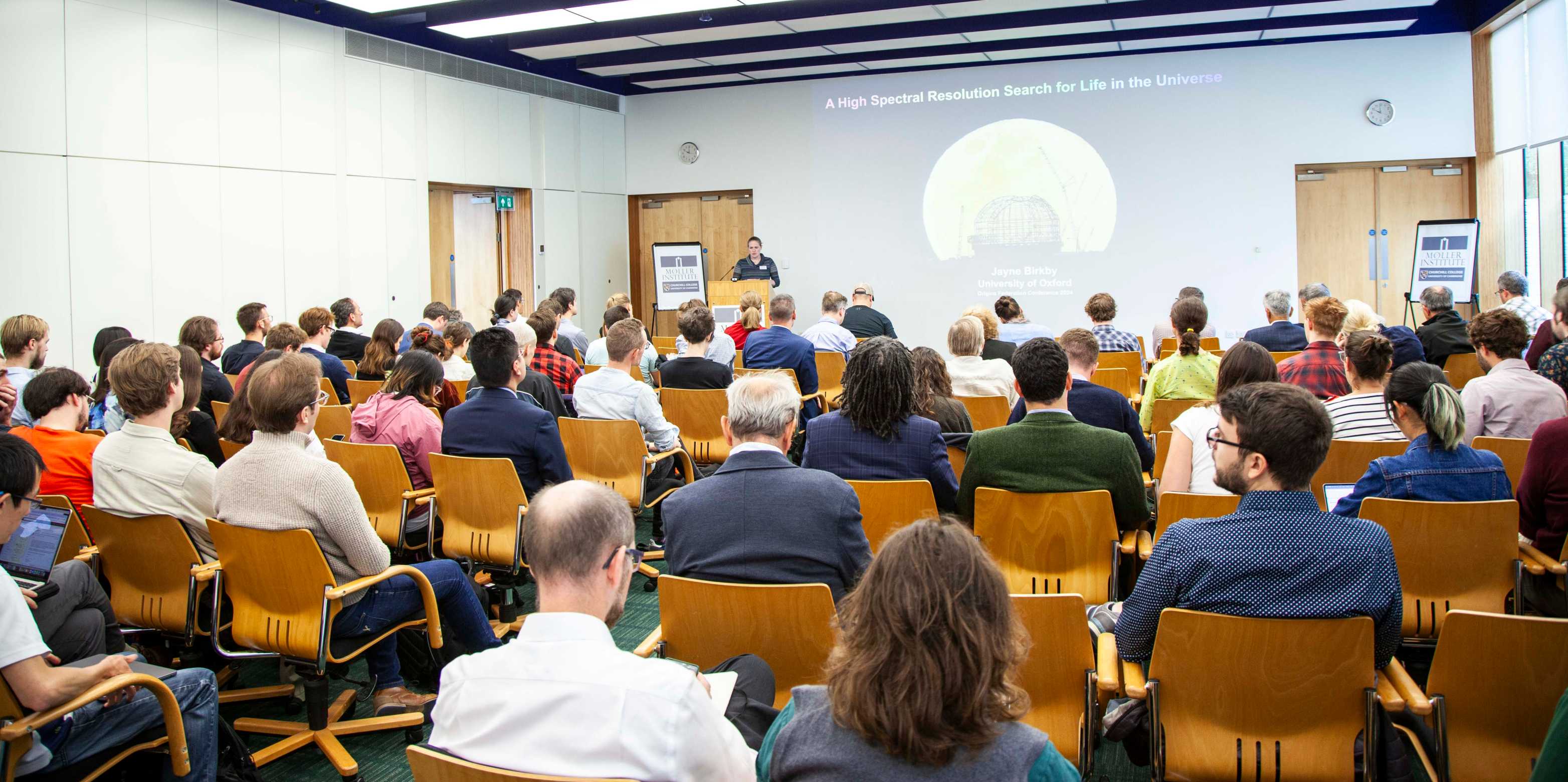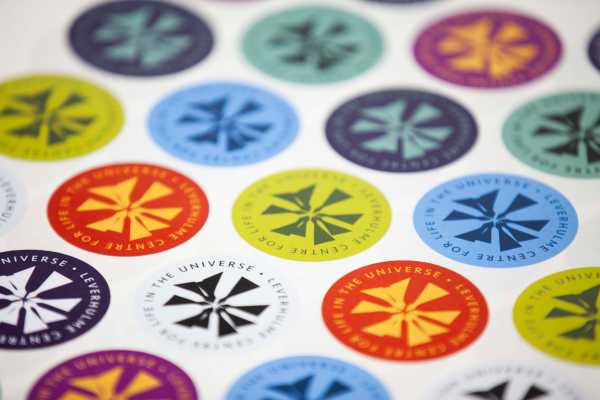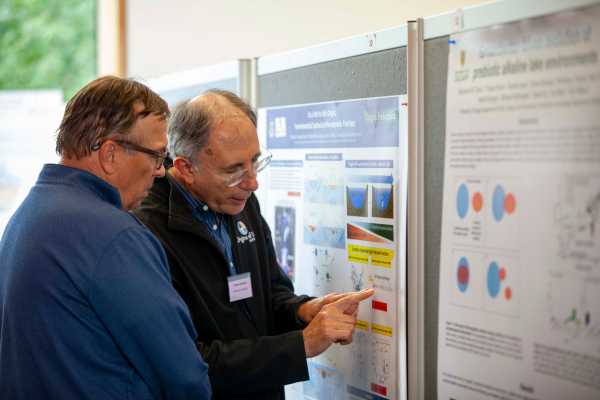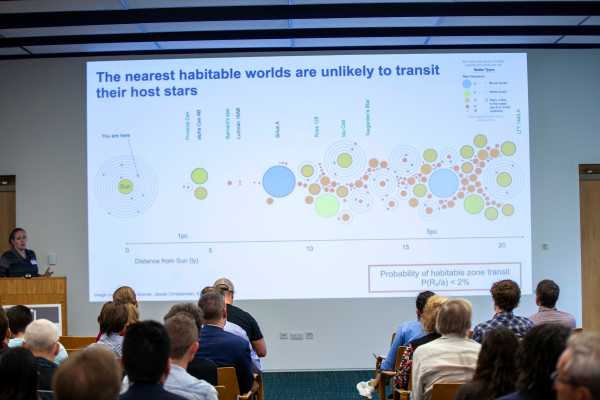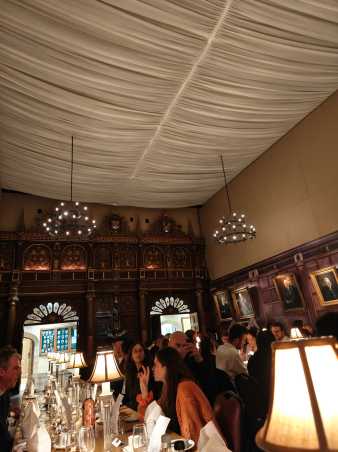Physicists, chemists and biologists, alongside planetary scientists and philosophers, brought their own perspectives to the ongoing research on life in our universe. Noting the diversity of knowledge, David Degen, doctoral student at ETH Zurich, reflected on the challenge and the skill of successful communication between fields. "Bridging gaps in prior knowledge takes patience, creativity, and often, a willingness to ask the most basic of questions," he noted. As Daniel Angerhausen, senior scientist at ETH Zurich, also notes, breaking down complex concepts for a multidisciplinary audience is no easy task, but one that is all the more important. Yet it is precisely this willingness to cross disciplinary boundaries and create a common scientific language that fuels the potential of the conference.
NOMIS–ETH postdoctoral fellow Sean Jordan agreed, highlighting how the conference wove together very different topics, such as magma ocean planets and prebiotic chemistry. One particularly engaging session, led by Tim Lichtenberg of the University of Groningen, took participants on a cosmic journey from the volatile magma oceans of super-Earths such as '55 Cancri e' to the cooling surface of the early Earth – a stage that eventually gave rise to life. The evolving interplay between atmospheres and molten surfaces on exoplanets may hold important clues to understanding the conditions that led to life on Earth.
